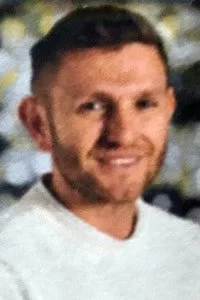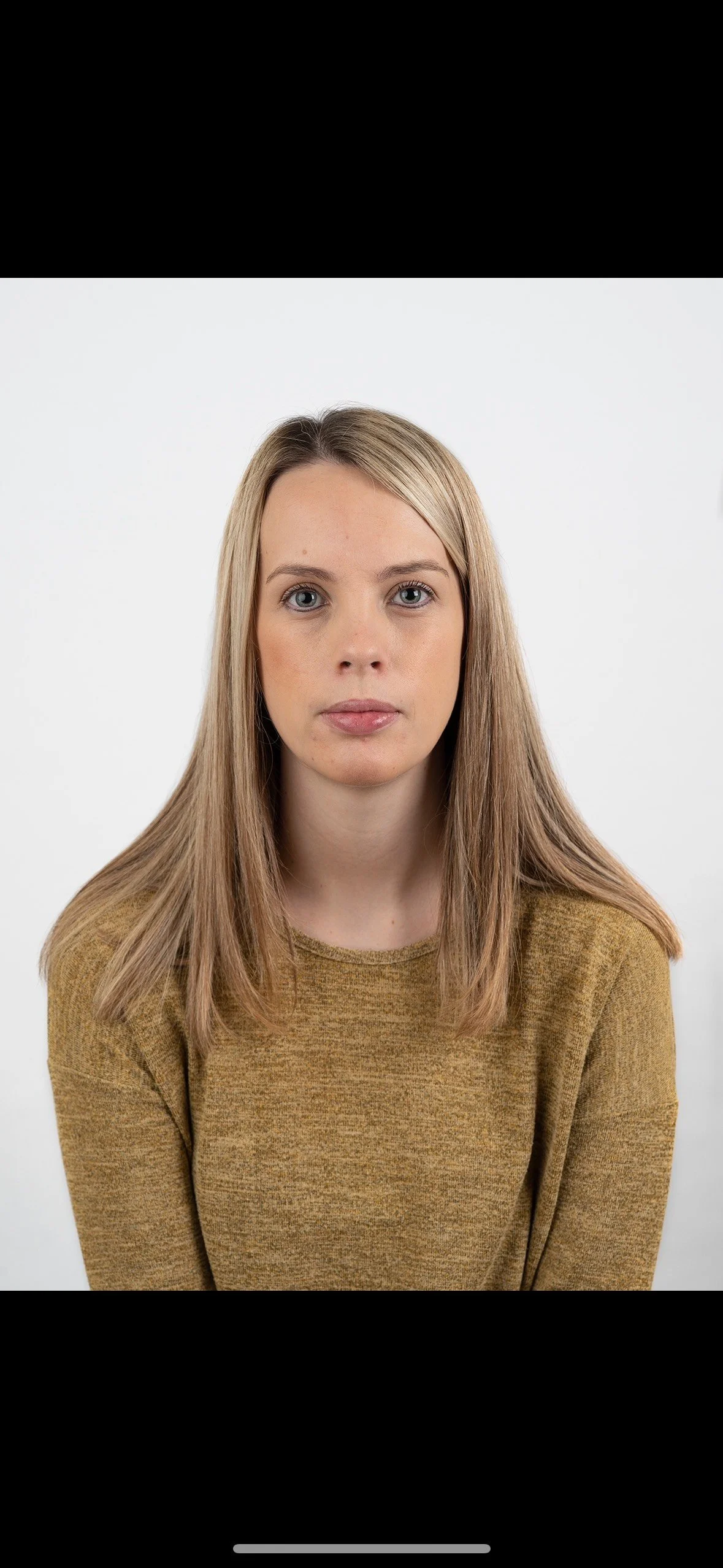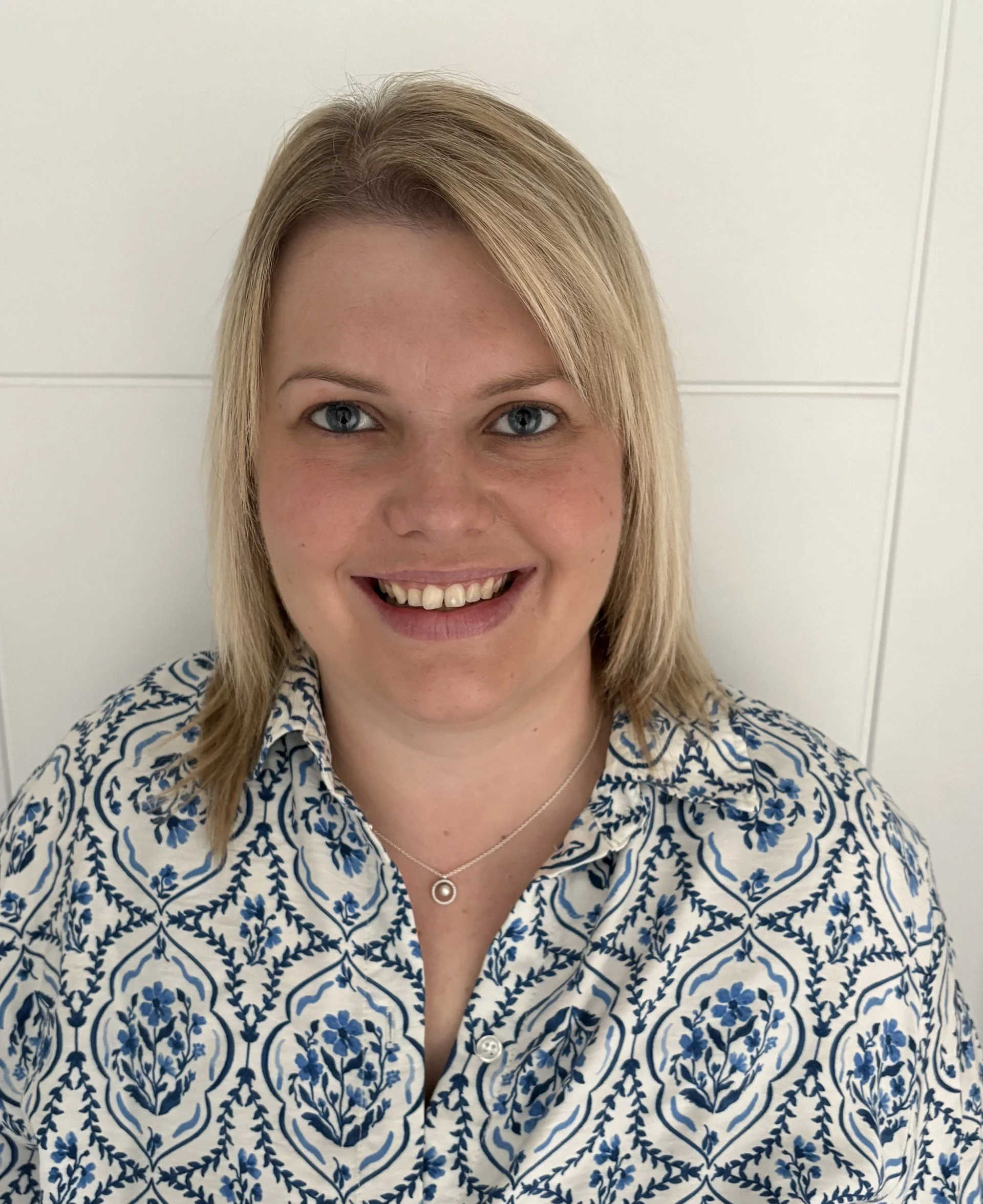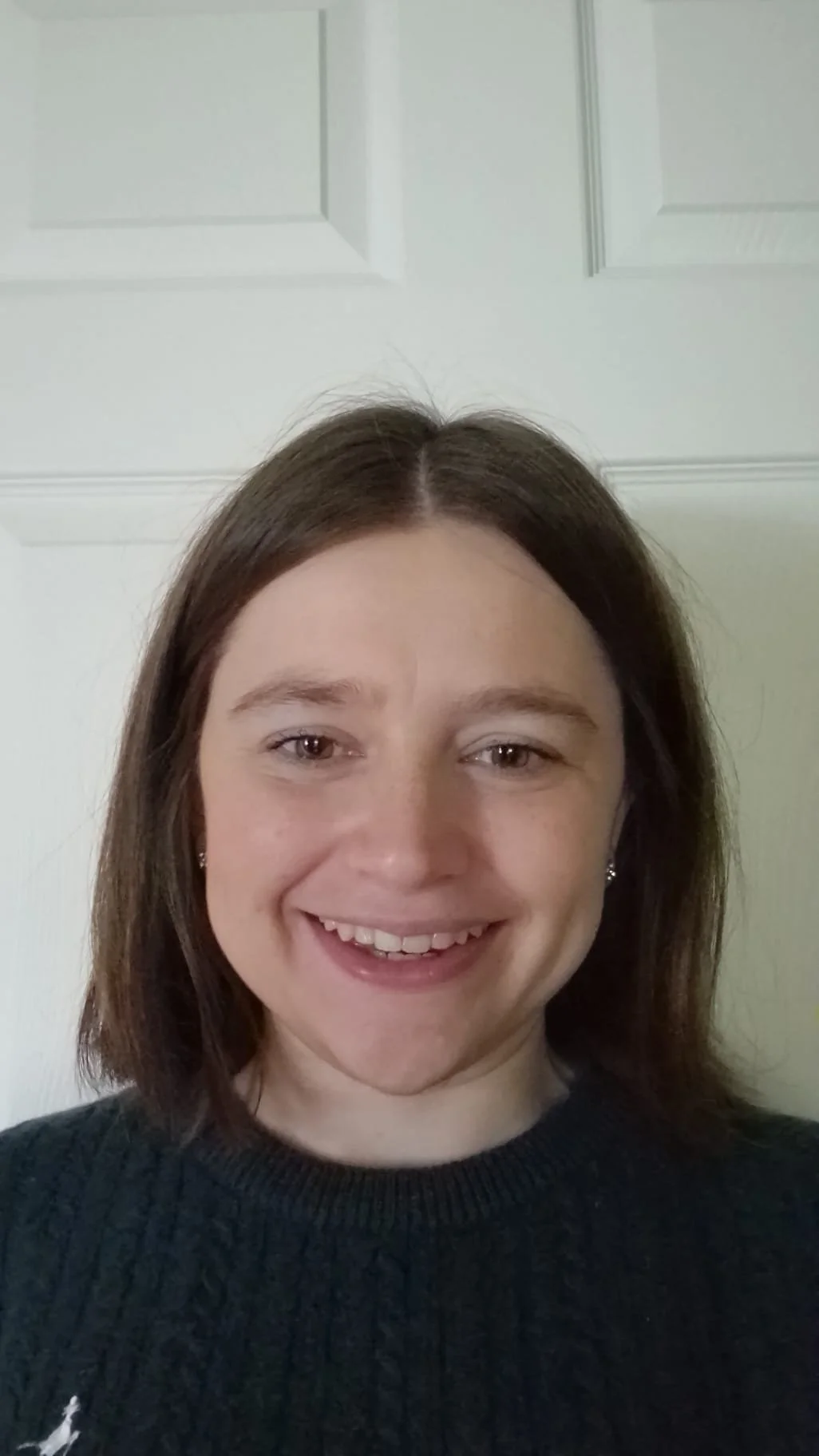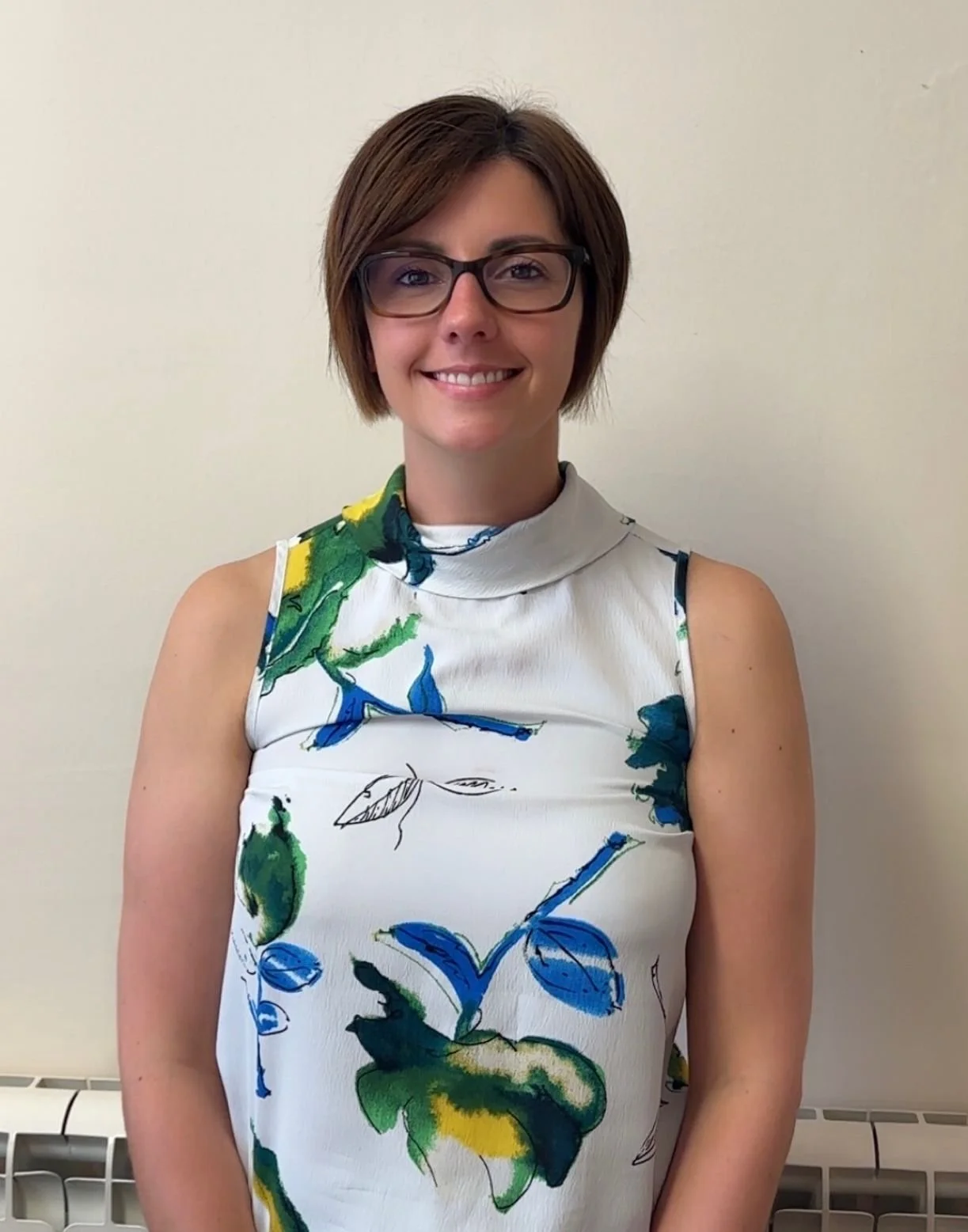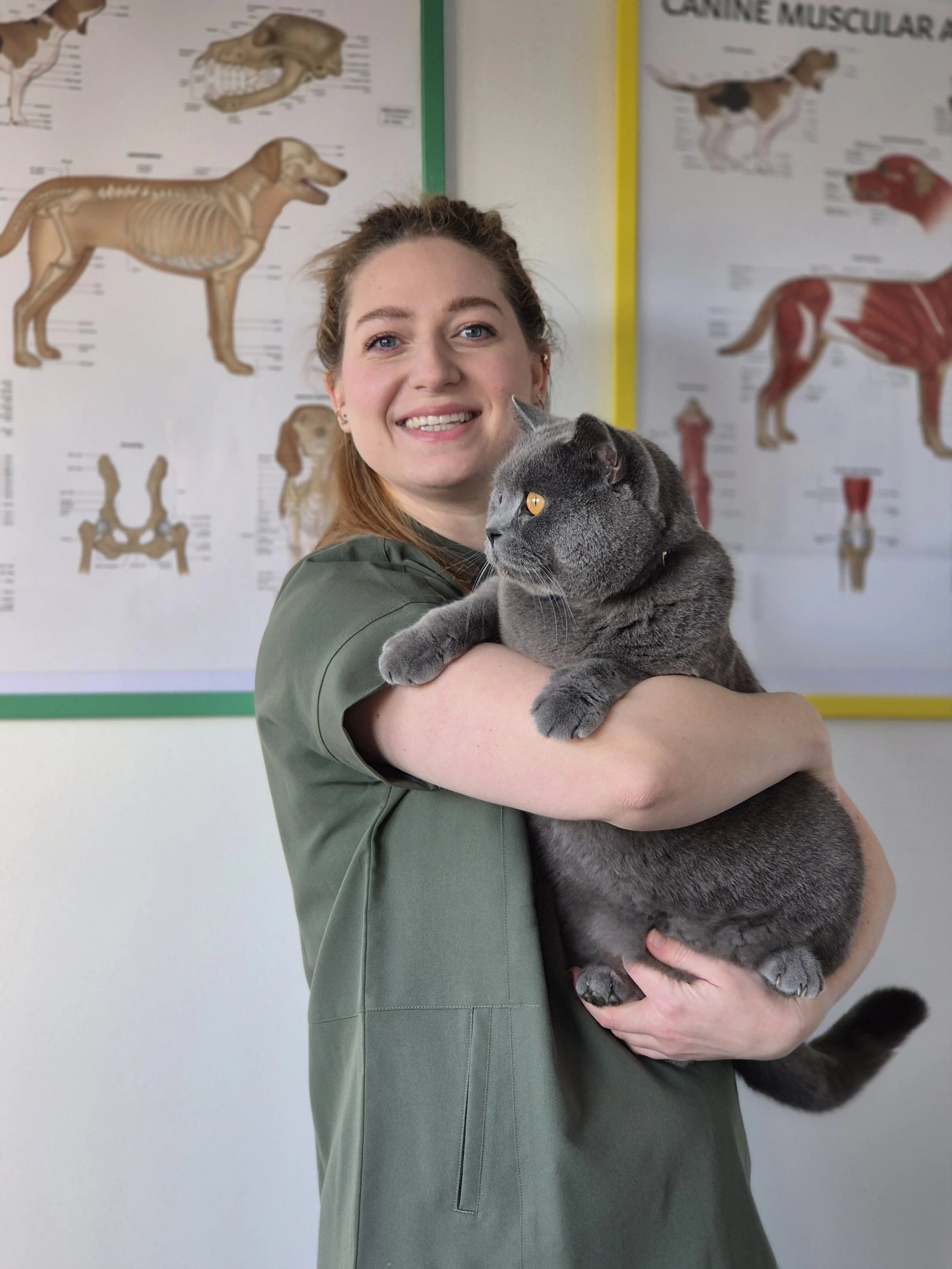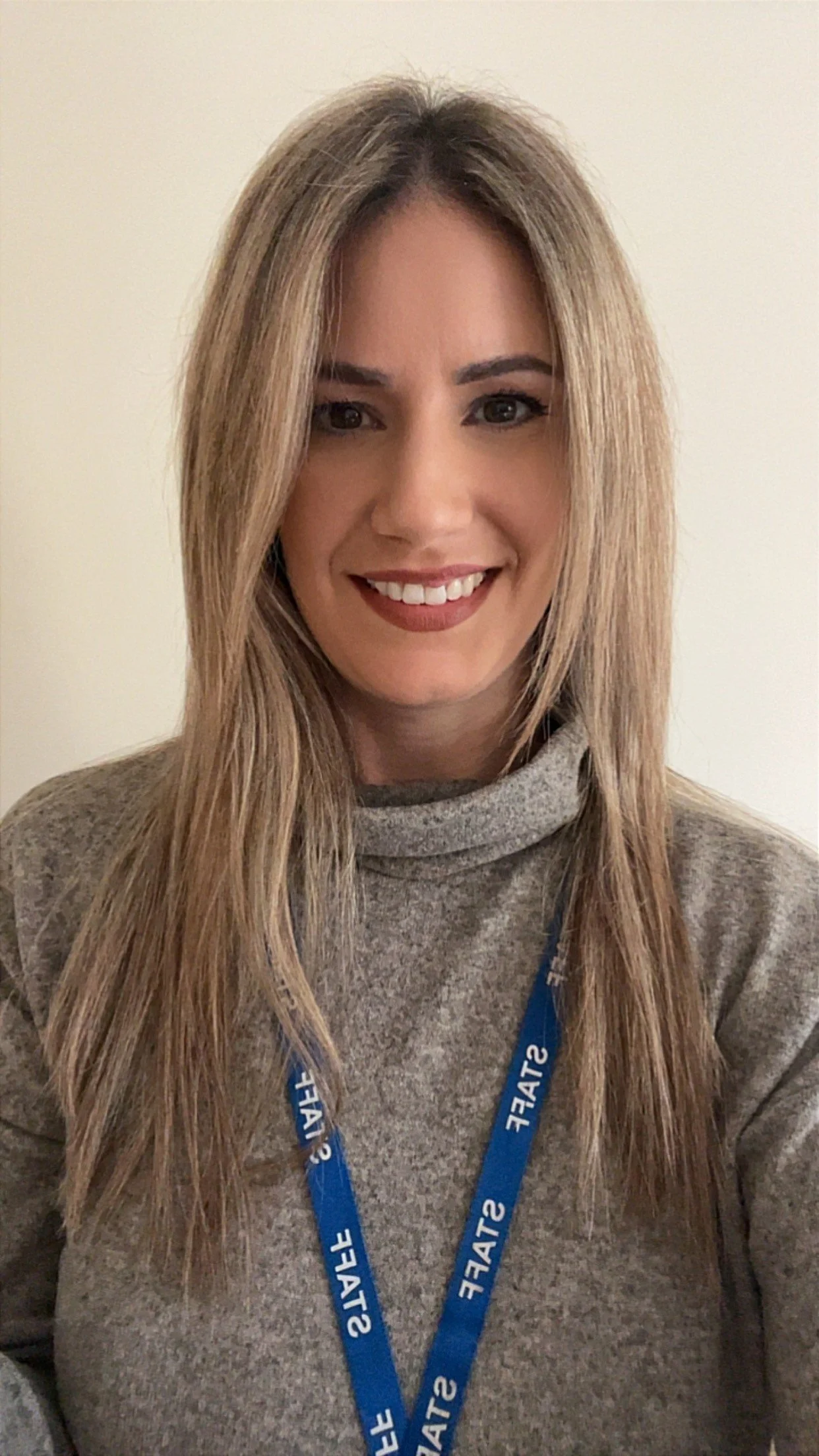
Classes
The structure of classes is arranged annually to suit the numbers of pupils which make up each year group. Most classes in St. Michael’s contain two year groups.
For 2025/2026, the class structure is as follows:
Class 1 - Mrs C Mumford (Reception & Year 1)
Class 2 - Miss Parry (Year 2)
Class 3 - Miss Brighouse and Mr Jarman (Year 3 and 4)
Class 4 - Mrs Williams (years 5 and 6)
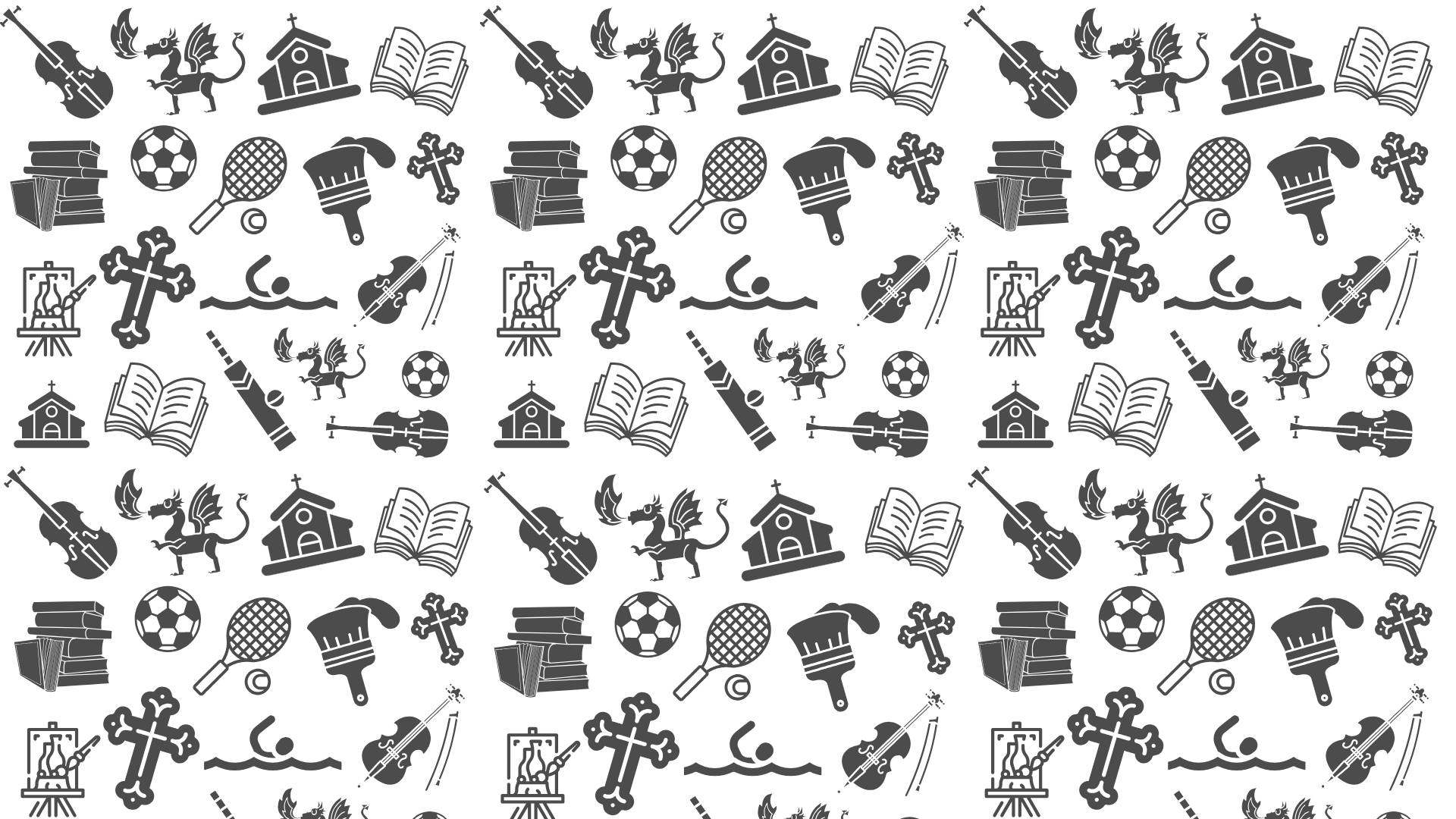
Staff
Mr D Jarman
Headteacher
Class 3
Mrs M Mumford
Class 1 and Deputy Headteacher
Mrs J Howarth
Teaching Assistant
Mrs J Mumford
Teaching Assistant
Mrs May
HLTA
Miss J Brighouse
Class 3
Miss L Hopkins
Teaching Assistant
Mrs J Williams
Class 4
Miss R Pugh
Teaching Assistant
After School Club Staff
Nia
Mr K. Cornell
Breakfast Club Staff
Mrs. V. Crombie
Miss L Hopkins
Midday Supervisors
Ms. V. Crombie
Mrs S Collucci
Kitchen Staff
Mrs C. Lowe
Mrs A Wedge
Mrs V. Andrew
Cleaners
Cleaner in Charge: Ms. J. Howarth
Cleaner: Ms. V. Crombie
Dinner Cashier
Mrs. V. Andrew
Miss Parry
Class 2
Governors
Terry Batten
Chair of Governors
Foundation Governor
Simon Eastwood
Foundation Governor
REV Maggie Richie
Foundation Governor
Sarah Bainbridge
Foundation Parent Governor
Louise Harding-Jones
Parent Governor
Miss Lisa Hopkins
Non-Teaching Staff Governor
Mr. David Jarman
Headteacher
Louise Harding
Vice Chair
Parent Governor
Saski Steel
Foundation Parent Governor
Ffion Evans
Foundation Governor
Kath Roberts-Jones
Local Authority Representative
Fleur Blatch
Community Council
Mrs Caitlin Mumford
Teacher Governor
Mrs Fiona Jones
Clerk to the Governing Body

The Eco Committee
The Eco Committee aims to develop environmental sustainability in our school. The committee includes representatives from year 1 to year 6, a teacher and support assistants.
The committee members have weekly routines where they recycle paper, reuse paper, compost tea bags, recycle plastic, tin and glass, collect batteries, stamps, crisp, biscuit wrappers and pens for recycling.
The committee runs a big project each year.
School Council
What is our school council?
Our School Council is a group of children who meet each week to discuss issues within the school. There are two representatives from each class from Year 2 to 6. The pupil leadership team at St Michael’s Primary School is an important part of the school. Current issues that affect pupils and the running of the school are explored and discussed with a member of staff. Our members also attend events to represent the school and explore issues such as healthy eating, playground equipment and children’s rights.
Why do we have a school council at St-Michaels?
· To improve our school with pupil voice driving innovative and exciting ideas.
· To make sure each class has a platform for pupils to voice their opinions.
· To discuss and raise issues that children want to discuss.
· To link and contribute to the school development plan.
The School Council meets with their class to discuss ideas about changes and improvements to the school. The issues are then raised in the meetings and councillors discuss how to move forward with these ideas. They carry out surveys and votes within their classes so that each class’s opinion is represented. These opinions are then fed back to the council and the opinion of the majority is taken forward.
Some recent projects include;
- Termly community coffee mornings
- Children in Need and Comic relief ideas and events
- Donating old school sports kits to schools in Africa
- Improved the facilities and range of books in our school library
- Have been an active part in developing a new school website
- Planned the games and party food for our Christmas celebrations

Criw Cymraeg
Meet St Michaels 'Criw Cymraeg'.
They are children from Year 1 to year 6.
They are delighted to be part of the team that is going to help everyone in school become more confident in their use of Welsh.
'Criw Cymraeg' will be introducing 'Phrases of the week' 'Brawdegg yr wythnos' as well as playground games, exciting competitions and special days within the school calendar.
Healthy Schools
Here are St-Michaels Primary School we are proud to promote a healthy lifestyle.
Our pupils are taught about how a healthy body means looking after and taking care of our whole self - physical, social, emotional and mental well being.
We are proud to have a number of MELSA and ELSA practitioners who support and equip our children with the skills that they need to make the right decisions for their health.

Worship team
Our worship team is a group of children who actively promote and also lead worship in school whether that is in class or collectively in the hall. Prayer and worship are part of every day life in school, we enjoy meeting together, taking some time out to think and reflect on our life together. We really want to be a community who puts others first and makes a difference, following in the footsteps of Jesus and other faiths and cultures.
Some annual events that the worship team are part of:
Reading prayers at harvest festival
Organising and delivering donations to our local food bank
Organising and reading prayers at our Christingle
Planning whole school Pentecost parties
PSHE
Pupils develop the knowledge, skills and attributes they need to keep themselves healthy, safe and prepared for life. We aspire to ensure our children have secure values and show respect to all cultures and values. Children are taught to value the diversity of cultures and languages that exist in a multi-cultural Wales and they will become aware of the traditions and celebrations that are important aspects of the cultures within Wales itself.
We are a Kiva School
We follow a specific procedure in prevention and intervention. KiVa means…
anti-bullying lessons for targeted grades, fun activities for pupils, learning by doing, concentrating in group formation
engaging the whole school in anti-bullying work, raising awareness on bullying and its consequences
informing pupils, parents and the whole school community
clear intervention model when bullying emerges
training for personnel
annual surveys to keep track of the school’s situation and results

Sports Ambassadors
The young ambassador programme aims to inspire and empower young people who are passionate about sport to become leaders through sport within their school community. They are supported in building their leadership skills so that they can help encourage their friends and peers to become ‘hooked on sport’ and physical activity for life.
Pupils in years 5 and 6 who are selected by their peers. These children have to demonstrate their ability to lead, inspire and positively influence other young people to take part in various sports and become more physically active. They are champions of PE and school sport in our primary school.
What do they do?
Work to deliver the young ambassadors’ outcomes in our school
Work alongside the teachers to organise and supervise sporting events
Lead and organise playground activities for Years 1 – 6 to increase participation in PE
Plan and deliver whole school assemblies to promote the positive values of sport and healthy living
Are positive role models, advocating PE and school sport
Are the ‘pupil voice’ for PE and sport within our school
Curriculum and Pedagogy
Our curriculum here at St -Michaels is underpinned by the 4 purposes, developing learners who are Ambitious & Capable, Enterprising & Creative, Healthy &Confident, and Ethical & Informed.
We will provide rich, authentic learning experiences in key Areas of Learning; Health & Wellbeing, Language, Literacy & Communication, Maths & Numeracy, Science & Technology, Humanities, and Expressive Arts.
Pedagogy
Pedagogy is at the heart of our curriculum. In designing our curriculum, our school have considered the pedagogical approaches we will need to employ to support learners in realising the four purposes. Our school has developed a strong vision of learning and teaching which considers the ‘why’ and ‘how’ as well as the ‘what’.
All teaching staff have a deep and thorough understanding of the pedagogical principles. Effective pedagogy relies on an in-depth understanding of child and adolescent development. It involves exploring and reflecting on which teaching strategies will best support learning in a given context, and inquiring about the impact of this on learners.
The pedagogical principles
Curriculum design for all learners is underpinned by twelve pedagogical principles, which state that good learning and teaching:
maintains a consistent focus on the overall purposes of the curriculum
challenges all learners by encouraging them to recognise the importance of sustained effort in meeting expectations that are high but achievable for them
means employing a blend of approaches including direct teaching
means employing a blend of approaches including those that promote problem-solving, creative and critical thinking
sets tasks and selects resources that build on previous knowledge and experience and engage interest
creates authentic contexts for learning
means employing assessment for learning principles
ranges within and across Areas
regularly reinforces the cross-curricular skills of literacy, numeracy and digital competence, and provides opportunities to practise them
encourages learners to take increasing responsibility for their own learning
supports social and emotional development and positive relationships
encourages collaboration


